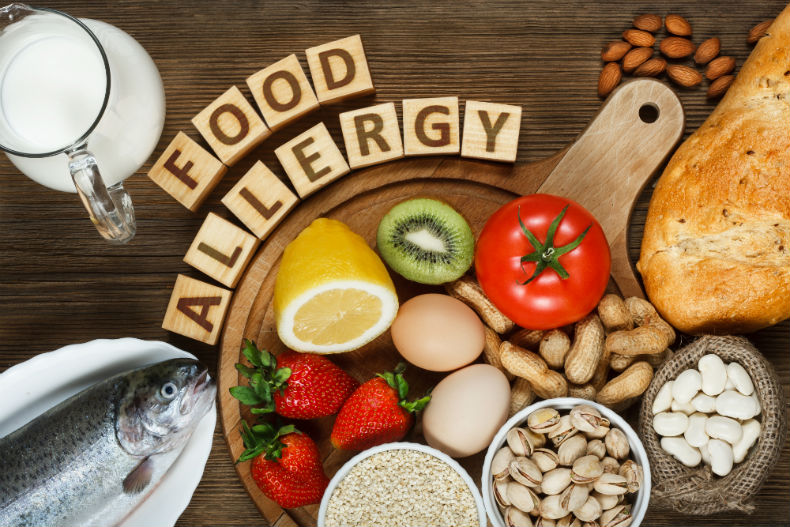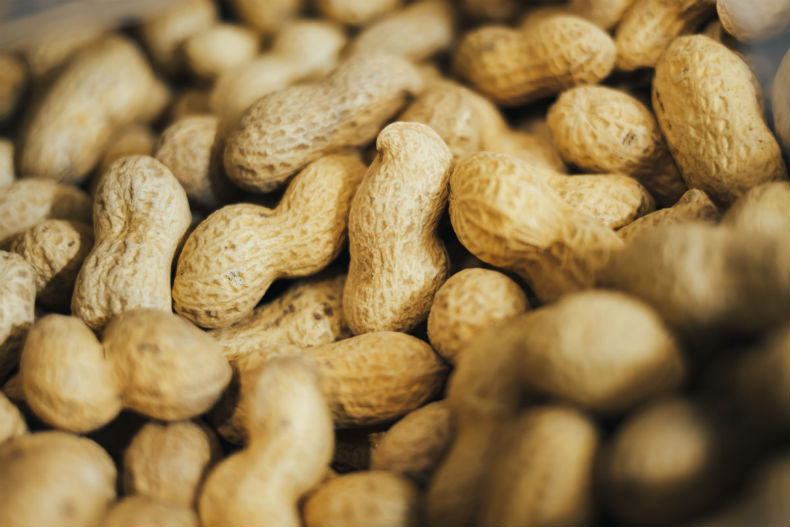Food Allergy Awareness Month 2019
May is food allergy awareness month 2019! This year is also the first year that the Convention Centre in Dublin is lighting up teal as part of the ‘Turn it Teal’ initiative in honour of food allergy awareness!
Food Allergy Awareness is very important, at Jinga Life we understand this importance - our app allows you to input and track your and your family’s allergies.You are also able to share your allergy information with other Jingas so that you can ensure you and your children are safe on a playdate!
Food allergies occur in “approximately 5% of children and 3%” of adults, INDI.ie. As part of Food Allergy Awareness we have some information on what food allergies are, their causes, symptoms, and what can be done to manage food allergy reactions.
Photo by Vladislav Nikonov on Unsplash
What is a Food Allergy?
Food allergies are an immune system reaction to certain foods. If you suffer from a food allergy you will notice a reaction soon after eating a certain type of food. The body often mistakes the food as a harmful substance and will produce antibodies to fight off any threat. This is what causes the reactions to take place.
Causes and Symptoms
Food allergies differ to food intolerances and food aversions as the allergy takes place within the immune system. Some allergic reactions to food are mild, whereas others can be life threatening (anaphylaxis).
Some foods cause a higher risk of an allergic reactions, some of the most common food allergens are:
Cow’s Milk (and foods derived from it such as cheese, butter etc)
Eggs (very common in young children, but they often outgrow this allergy)
Peanuts (very dangerous and can cause an anaphylactic reaction)
Shellfish
Wheat
Mild symptoms of allergic reactions to food include:
Itchy skin
Hives
Swelling of lips, face, eyes
Watery eyes
Runny nose
Symptoms related to anaphylaxis are more severe and can include:
Swelling of tongue, throat
Drop in blood pressure
Shortness of breath, trouble breathing, wheezing
Dizziness and/or fainting
Stomach pain, vomiting or diarrhoea
Feeling like something awful is about to happen
*If you suspect someone to be suffering from anaphylactic shock seek emergency medical attention immediately. If they have an existing serious food allergy they should be carrying their Epinephrine auto injector with them (EpiPen, Emerade, Jext, Anapen are all examples of these).
Diagnosis
To test for a food allergy, a blood test is usually conducted. The test will usually tell the immunologist if an allergy is present or not. Knowing what exact food is causing the reaction can be easy if you are aware of the symptoms occurring after a certain food. If you are unsure, the immunologist may do a food test with you to see what causes the allergic reaction. You will likely be asked about your medical history, diet, family history of food allergies (if any). There is also a link between eczema and allergies.
Keeping Track
If you or a family member have a food allergy, it’s important to keep track of it. You can do this by:
Checking ingredients on food labels
Avoiding foods that may not have ingredient labels, for example food bought at a market, or pastries from a bakery.
Avoid foods that could have had contact with other foods. Loose fruit and veg could be an example of this or a salad deli counter.
Always inform a Senior person in the restaurant of your allergy when eating out.
Wear an allergy bracelet
Keep a food diary, especially if you are newly diagnosed as this will help you to keep track of your allergies
Use the Jinga Life app!


